ESA Holds Summit To Discuss European Space Ambitions
8th Nov 2023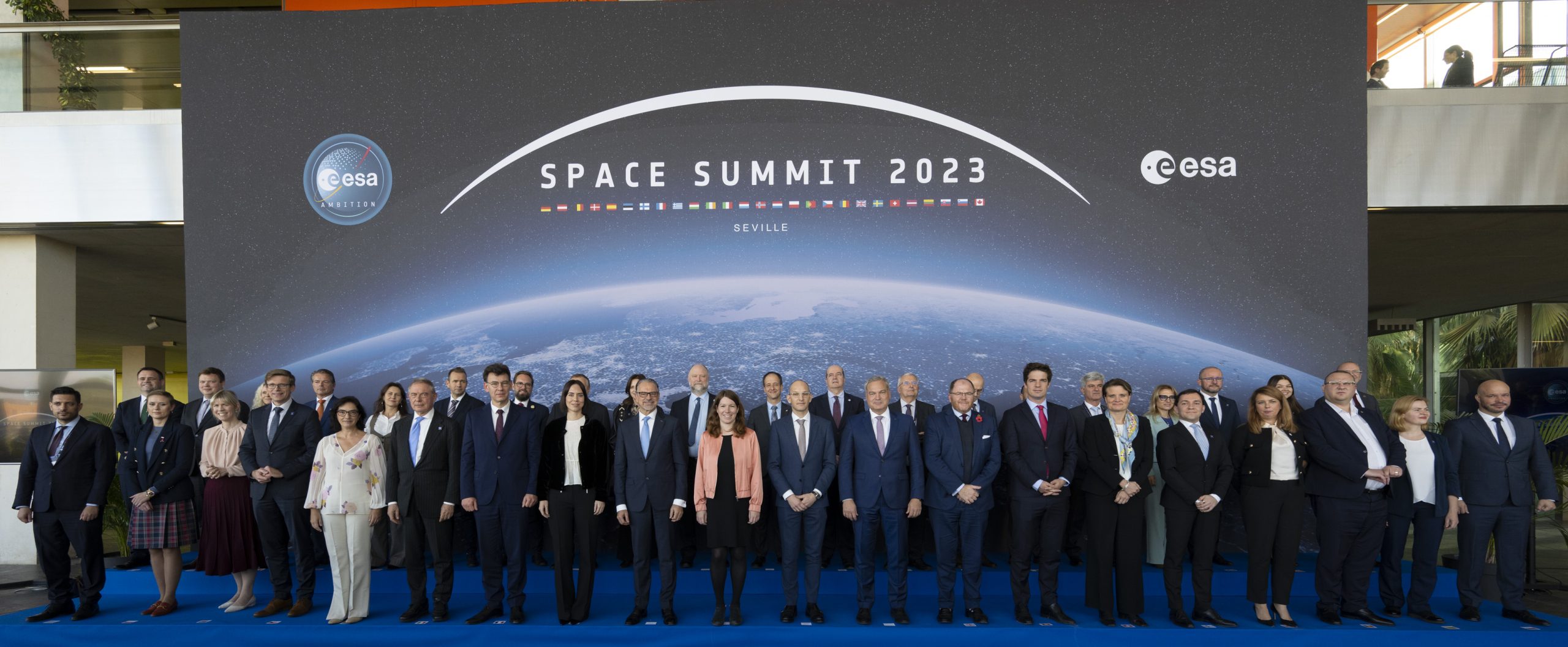
The second ESA Space Summit has wrapped up, and the European Space Agency (ESA) has received considerable backing from ministers after detailing their ambitions for the European space sector. On 6th and 7th November, ESA’s 22 member states held a conference in Seville, Spain, where they discussed ESA’s plans for space sustainability and crewed spaceflight.
During the summit, ministers launched a competition that will see commercial space organisations develop proposals for a payload delivery service to the International Space Station (ISS). The goal of the competition is to eventually support crewed missions to space.
Josef Aschbacher, ESA Director General, said in a statement: “Space today is far more than space science, robotic and human exploration. Space has become strategic for the prosperity of any nation… [it is] a topic at the global negotiation table [and] Europe must actively participate in this conversation.”
The Cargo Delivery Competition
During the two-day summit, ministers introduced a new competition. They invited European space companies to develop returnable payload delivery services bound for ISS. One company will be selected to move forward with their proposal, with ESA aspiring to use the returnable vehicle for eventual human spaceflight missions.
A target date of 2028 was set, with public funding backing phase 1 of the programme. ESA said they have secured the necessitated initial funding. However, private funding will be procured for the remaining phases.
ESA said: “by taking a decision at today’s Space Summit… [we] can start work immediately to meet the ambitious 2028 milestone.” However, further conversations will be held in 2025 to cement the proposals for phase two.
Arian 6 & Vega-C Delays A Hot Topic During The Summit
Talks also surrounded ESA’s Ariane 6 and Vega-C rockets that have been plagued with delays and faults. Vega-C experienced a nozzle malfunction in March 2023, and an independent inquiry subsequently grounded the rocket. The inquiry determined that Vega-C flights should not recommence anytime soon, with a return date ambitiously set for late 2023.
ESA has previously admitted that due to setbacks, their Arian 6 rocket would not launch until 2024. The rocket’s Vulcain 2.1 engine hotfire test was also postponed due to a liquid shortage. However, the revised test was a resounding success with the engine firing for four seconds. A wet rehearsal in October also went off without a hitch, allowing ESA to set their sights on a final eight-minute hotfiring, designated for November.
Limited Access To Space Hindering ESA’s Ambitions
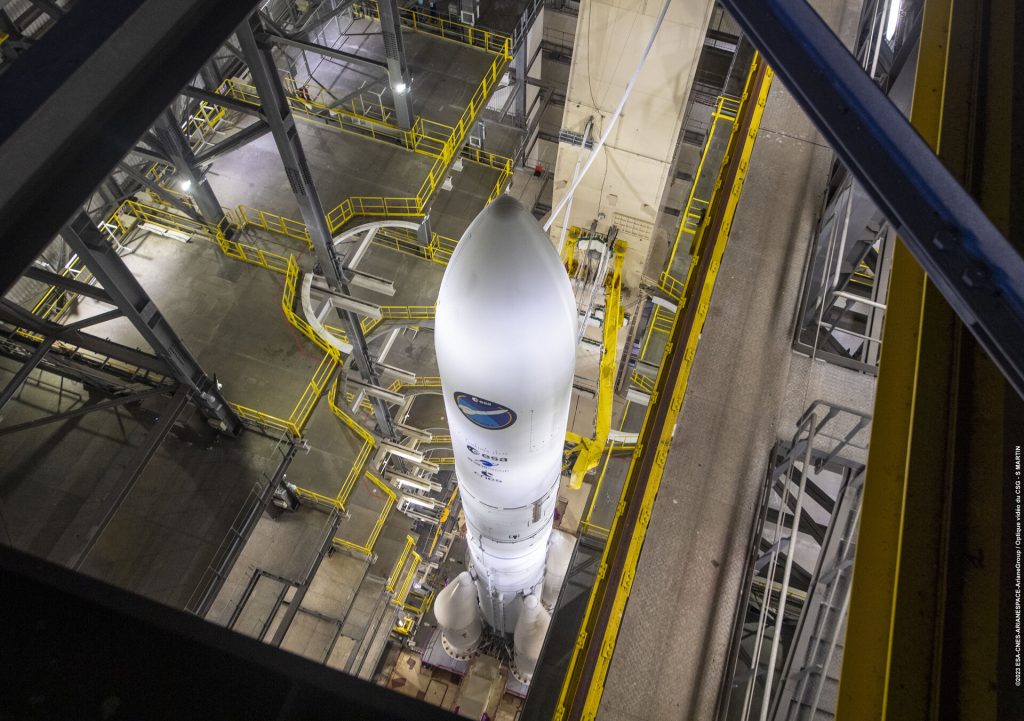
Although recent tests and rehearsals have gone well, ESA is still heavily reliant on launching with commercial space companies. ESA remained optimistic about their rocket’s development, stating: “the Ariane 6 and Vega-C launchers will soon guarantee European access to space.” However, they did recognise that: “the launcher market paradigm has changed radically”. Therefore, ESA hopes the competition will enable greater avenues for independent space launches, and lessen their sole reliance on Ariane 6 and Vega-C. When discussing the setbacks, ESA said: “Europe must maintain the technical and industrial capacity for uninterrupted access to space.”
Creating A Sustainable Space
ESA reaffirmed their commitment to “foster a clean and sustainable space industry” during the summit, which includes reducing space-related carbon emissions. They also asserted that ESA assets will be used to monitor natural disasters to assist in crisis response efforts.
While Earth Observation technology is necessary, ESA said they will: “help Europe… move from monitoring to managing”. These efforts will ultimately aid European nations in their transition to net zero by 2050, ESA concluded.
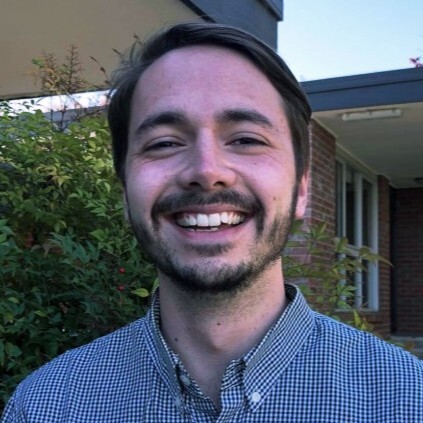
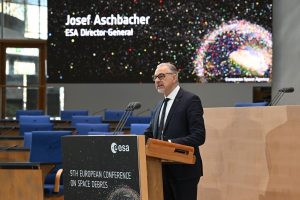
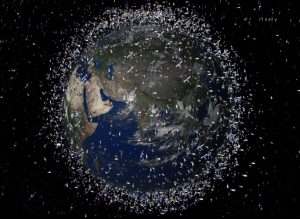
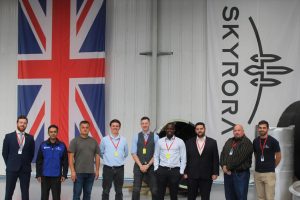
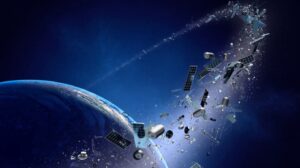
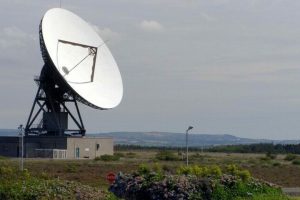
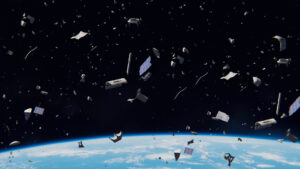
Thank you for your comment! It will be visible on the site after moderation.